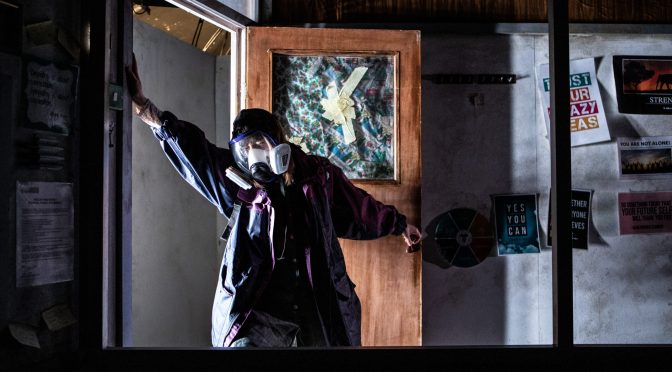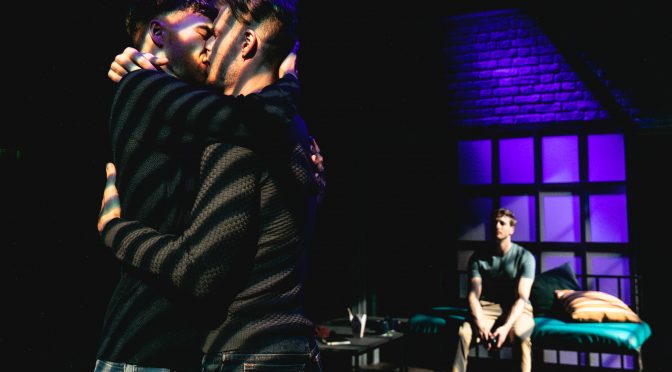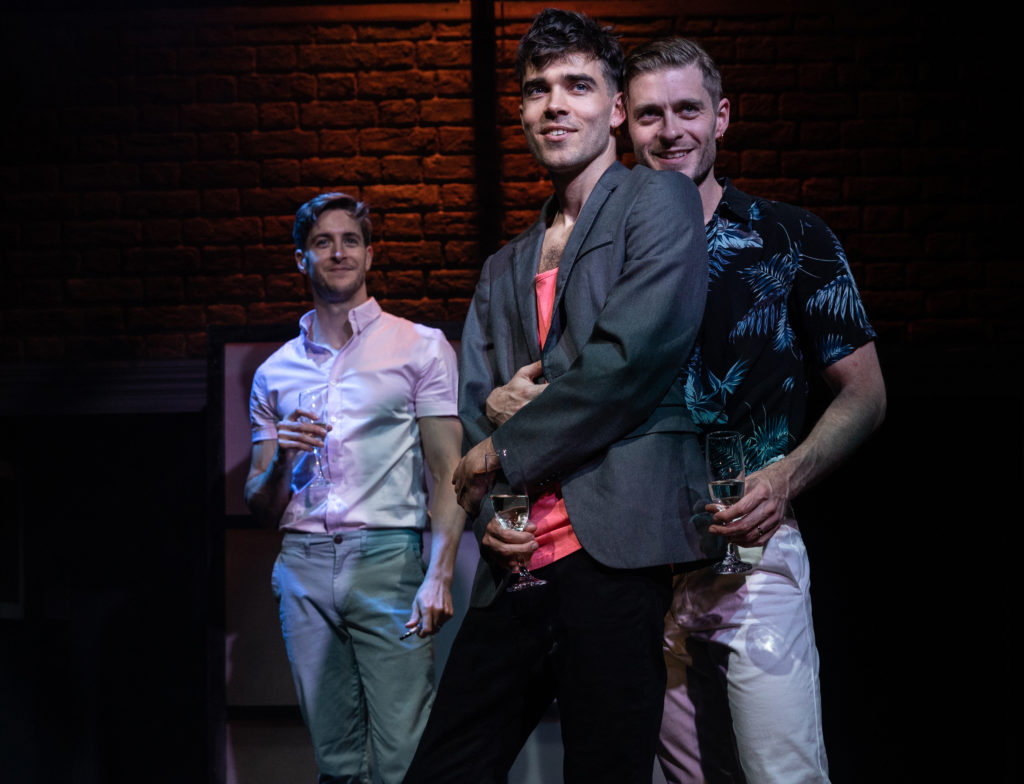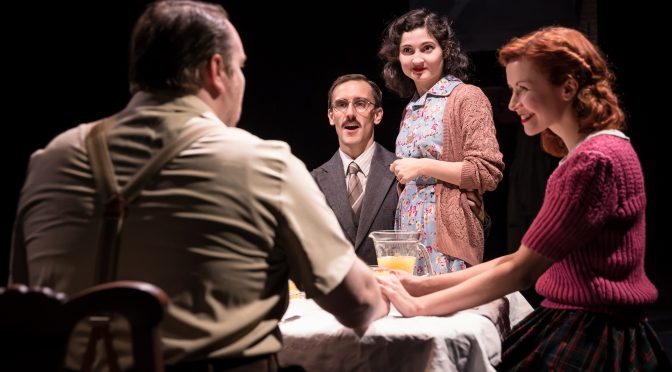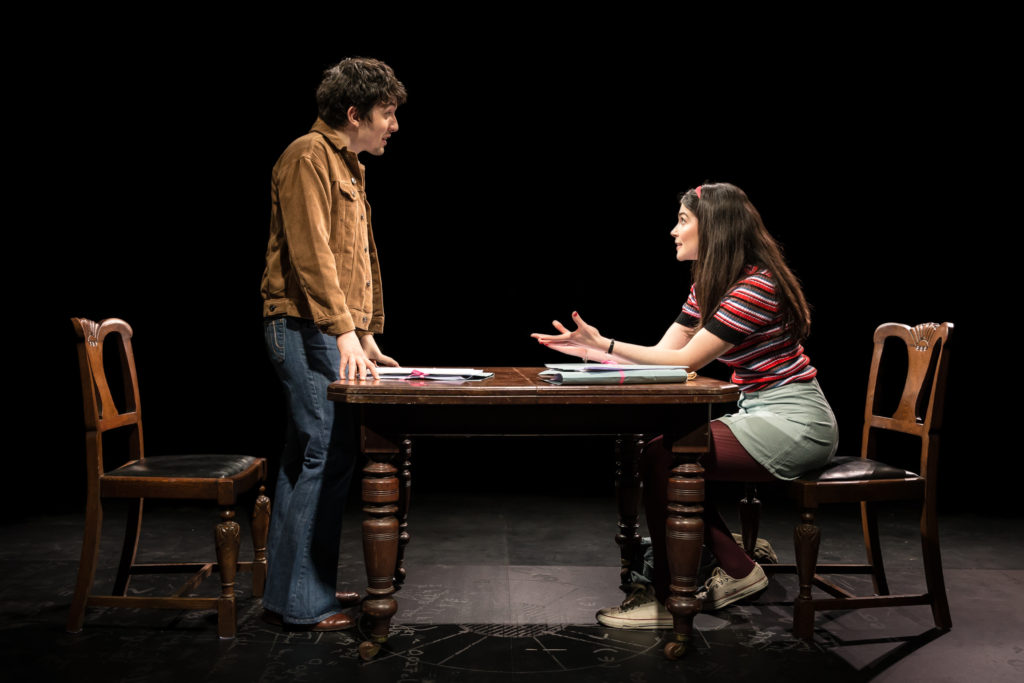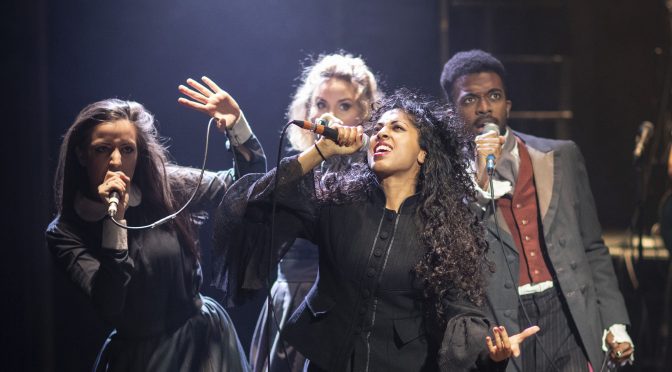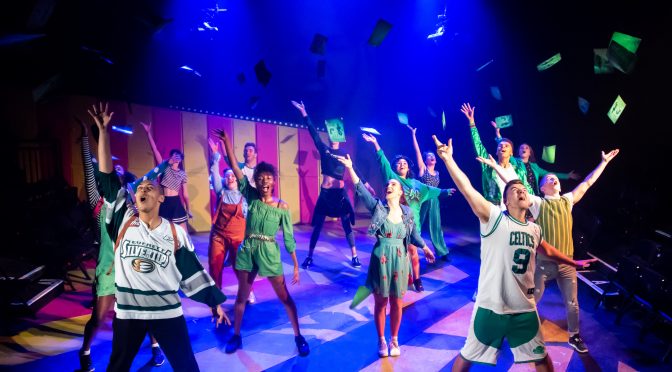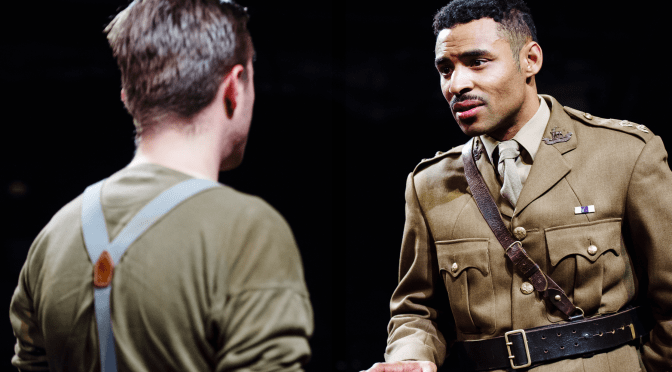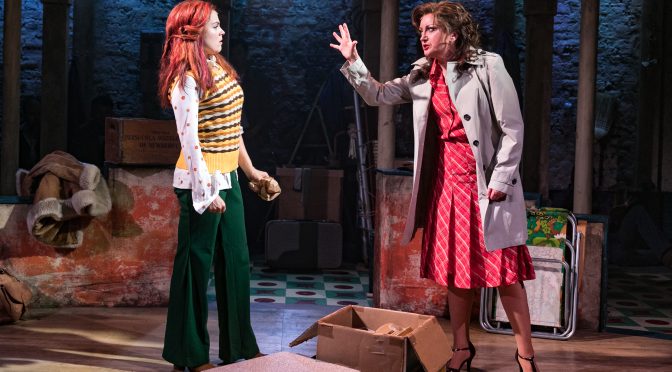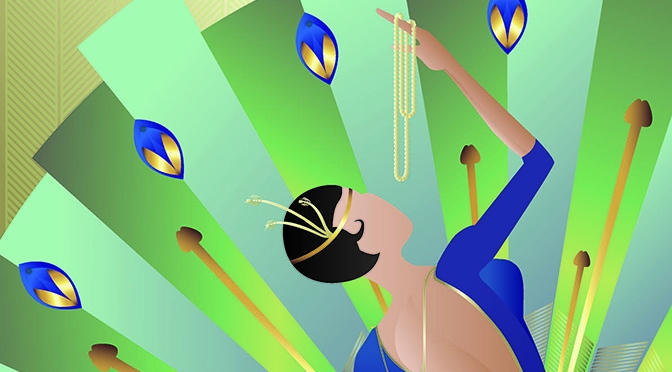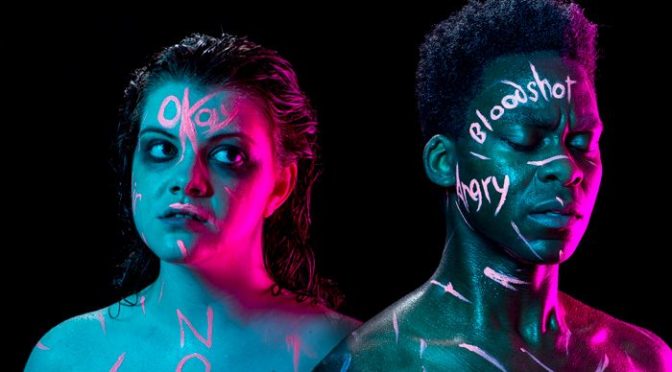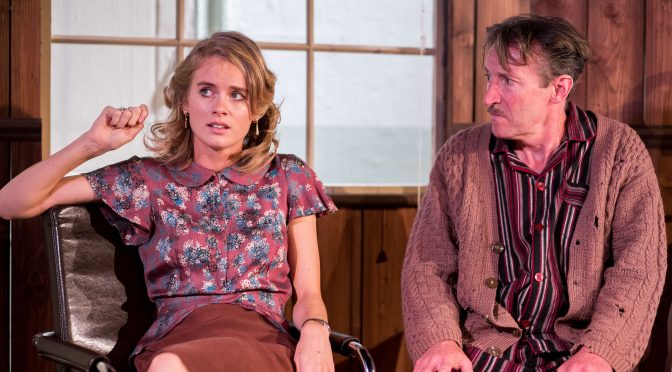Super smart and far from monochrome, this transfer from Plymouth of Sam Steiner’s play proves to be the first must-see London show of 2020. It’s funny and moving, while quietly bold touches guide a sense of purpose delivered with impressive confidence.
Set in a helpline call centre in catastrophic times, you don’t need to have worked as a Samaritan to suspect the staff on stage are dubiously qualified. But, while this odd bunch might be amusingly ill-suited to deliver the care they offer, the hugely talented Steiner is an excellent listener. His ear for dialogue results in fantastic conversations, many one-sided, that are both comedic and emotional – a combination that makes the piece both delightful and intriguing.
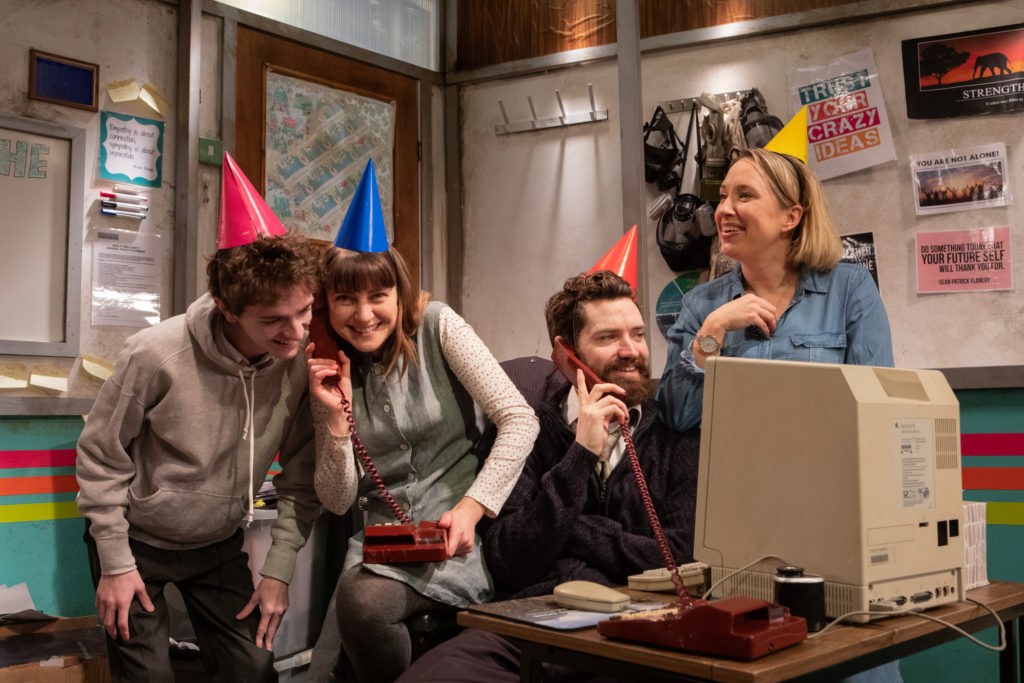
The recognisable characters, with well-developed personalities and problems, play a big part in the piece’s success. The performances do the writing justice. The group is run by Frances, as irrepressibly perky as she is heavily pregnant, beautifully depicted by Jenni Maitland. Chatty Angie first appears to be a comedy foil, but Lydia Larson ensures considerable emotional impact from her. A well-written teenage role that Andrew Finnigan is perfect for, and a depressed older man that Andy Rush makes appealing, complete a quartet who are eminently easy to watch. From traumatic calls to simple pleasures from a story-telling caller named Merlin, moments of tension and relaxation are magically sculpted with fantastic talent.
We could be in a superior sitcom were it not for the dark surround Steiner crafts. Our heroes face big problems – that they always carry gas masks tells you that much! This is not just a charity on its last legs, but a society facing its demise. Yet, in a daring move, we never know the specifics of the apocalypse being faced. Of course, it’s hard not to presume an environmental disaster, but that’s never stated. Maybe it’s an interesting, naturalistic, observation? But sparing details can frustrate viewers – it takes guts. The focus is everyday lives: the way Steiner understates this dystopia keeps the audience on its toes.
You Stupid Darkness! goes well beyond your average dark comedy to become a play about hope. Director James Grieve does an excellent job of giving the script room to develop. Time is needed for hope to show itself – now we see why insisting that the odds faced remain unknown is important. The final scene of keeping calm and carrying on is profoundly moving by embodying those very qualities; the play gets quieter and more controlled as conditions worsen. Motivating the skill this takes, and surely the key to what makes the play so winning, reveals the humble realisation from a playwright who has written a five-star banger of a play – that listening to stories might be just as important as telling them.
Until 22 February 2020
Photos by Ali Wright

